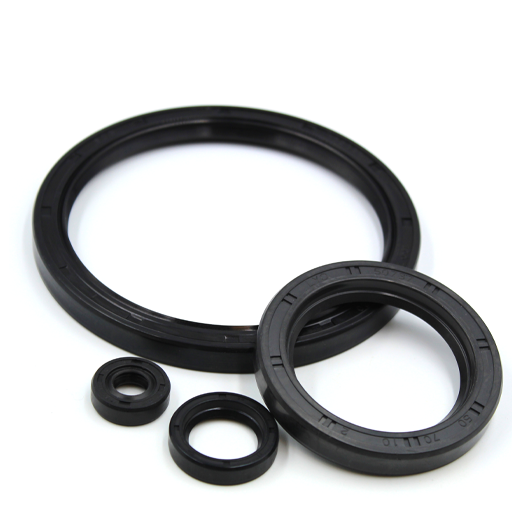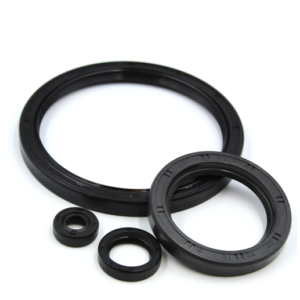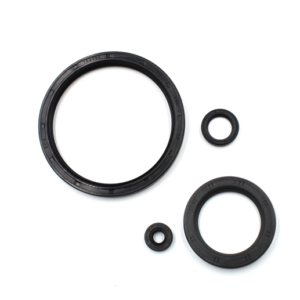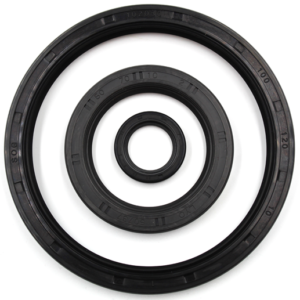Oil Seals – Built for the Trade
Oil seals keep the grease in and the grime out. From conveyor rollers to electric motors, they’re the first line of defence against dust, dirt, and fluid leaks.
Godiva Bearings stocks a full range of Metric and Imperial rotary shaft oil seals for trade customers. Always in stock. Always trade-only.
What Are Oil Seals?
Oil seals (also known as rotary shaft seals or lip seals) are designed to:
- Retain lubricants inside housings
- Prevent contaminants entering bearing assemblies
- Reduce wear on rotating shafts
They typically feature:
- An elastomer sealing lip
- A metal case or outer ring
- A garter spring to maintain lip contact
What Are They Made Of?
Oil seals are built for durability and chemical resistance:
- Nitrile (NBR): Standard, cost-effective, and oil-resistant
- Viton (FKM): High-temperature and chemical resistance
- Silicone: For food-grade or low-temp use
- PTFE: For dry running or aggressive media
Godiva Bearings supplies:
- R21 single-lip
- R23 double-lip
- Internal, external, and flange-mounted types
- Metric and imperial sizes
Where Are Oil Seals Used?
You’ll find various seals in any rotating assembly where protection is key:
- Gearboxes: Retaining gear oil under pressure
- Electric motors: Sealing shaft ends and bearing chambers
- Hydraulic pumps: Preventing fluid ingress or loss
- Agricultural machinery: Withstanding dirt and water
- Conveyors and fans: Keeping bearings clean and lubricated
- Power tools and compressors: Compact, sealed motor housings
Anywhere there’s a shaft and movement, there’s likely a seal.
What Do Oil Seals Help Prevent?
Fitted correctly, seals prevent:
- Lubricant leakage that leads to bearing failure
- Contaminant ingress (dust, dirt, moisture)
- Shaft scoring and damage from debris
- Cross-contamination in food or chemical lines
- Increased maintenance and downtime
They protect both the bearing and the application.
Installation, Use and Maintenance Tips
Trade best practice:
- Clean shaft and housing before fitment
- Use seal drivers to avoid distortion
- Apply oil or grease to the lip before install
- Check shaft finish (Ra < 0.8 µm recommended)
- Replace seals during routine bearing swaps
Don’t reuse old seals – it’s false economy.
Conclusion: Sealed Right. Running Smooth.
Oil seals do more than hold oil. They extend bearing life, protect machinery, and reduce call-backs.
Godiva Bearings stocks the sizes and styles you need. All trade-only. All backed by support that knows the difference between R21 and R23.





